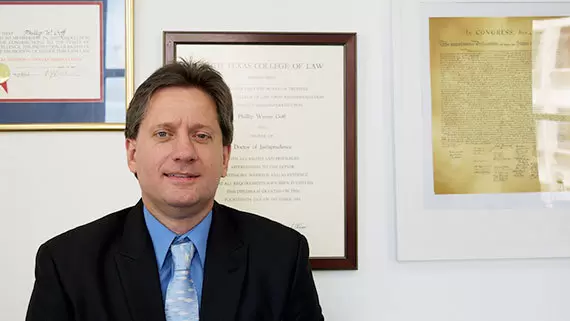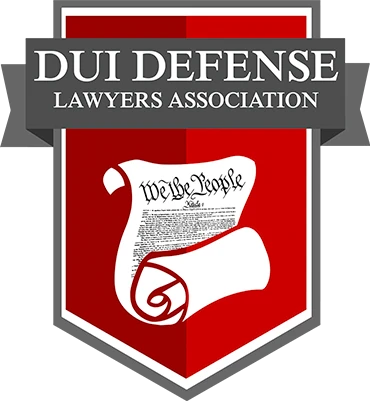Words matter. Terms matter. The recent mass murder in a South Carolina church had racial implications, and some people consider the killer a “terrorist”. Our own federal government uses the term “domestic terrorist” for some criminal acts, but using such a term blurs the line between crime and terror and presents a huge problem.
Crime can certainly cause terror, and a criminal can have terroristic intent. However, there is a danger involved when using terms loosely.
Criminals in our country have rights even ardent “law and order” people grudgingly accept. With terrorists, however, the public is generally content to use an “any means necessary” approach. See Gitmo for an example of lawlessness in action.
THE WORD “TERRORIST” INJECTS EMOTION
Propaganda involves control of labels and the emotional direction of the discussion itself. Labeling someone a “terrorist” effectively dehumanizes them, propagandizing us to tolerate any injustice our government does.
We have been conditioned to believe “terrorists” have no rights because they’re more than plain ol’ criminals; “terrorism” impliedly justifies disregarding their human dignity. That’s a scary attitude because it excuses abusive behavior on the part of our government against its very own people.
METHODS AND MEANS OF COMBATTING TERRORISTS VS. POLICING
Methods must differ when combating foreign and domestic dangers. We cannot tolerate war or war-like tactics to be utilized against our own citizenry.
Practicality and effectiveness in dealing with problems often come into direct conflict with individual rights.
We have domestic law enforcement agencies like the FBI and ATF which have policing tactics, methods, and polices designed to deal with our people in a legal manner. That’s not to say they toe the line all the time, but they could be held accountable by courts, at least.
The CIA and NSA, on the other hand, routinely deal with worldwide considerations, crossing borders and dealing with a multitude of laws and cultural differences. The way they operate isn’t necessarily concerned with respecting our domestic laws. National security demands are often problematic when those agencies must take our rights into consideration. Their conduct often uses or directs military intervention. Turning those agencies against the American people if fraught with danger.
CRIMINALS CAN INSPIRE TERROR WITHOUT BEING TERRORISTS
Calling that mentally ill racist in South Carolina a “terrorist” is dangerous, in and of itself, not because he hasn’t inspired terror or committed enough death and destruction. His motivation was delusional and contemptuous. He is a “criminal” and will likely be put to death. Labeling him as a “terrorist” won’t kill him any more than he will be killed as a “criminal”. It’s dangerous to call him a terrorist because terrorism can be the emotional excuse for otherwise unconscionable acts.
Was the “Son of Sam” a terrorist because countless New Yorkers feared him? Was the Boston Strangler a terrorist? Is every publicized serial killer a terrorist? We are certain they are criminals.
To bring “terrorism” into the discussion about criminal behavior also desensitizes us to the abuse of governmental power against us. We must be vigilant to prevent it because once a right is lost, it is gone forever. Past behavior, once tolerated, has precedential effect, and the next time it happens, it becomes less outrageous to our sense of justice. After repeated abuse, it can become mundane routine, much like the War on Drugs.















